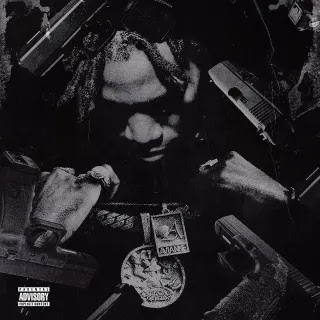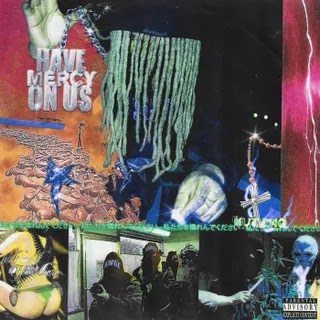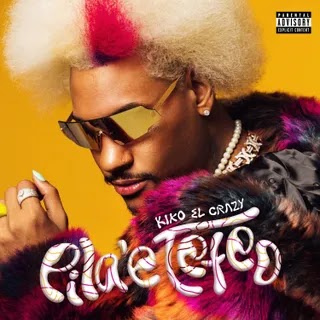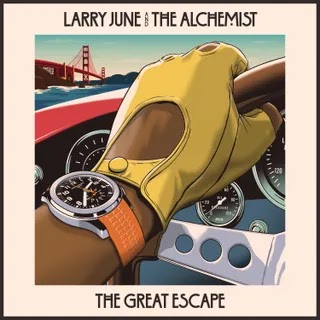The emo-rap artist rebounds from a sophomore slump with an album that glows with conviction and sometimes-uncomfortable honesty.
Twenty-eight-year-old Joe Mulherin has been performing as nothing,nowhere. since 2015, making emo rap as restrained and nervous as he appears to be in photos. But the raw lyricism of his debut album, Reaper, confirmed that his anxiety went deeper than just being camera-shy. His smoky production and surprising openness earned him critical acclaim in mid-2017, when Lil Peep was still alive and emo rap was flourishing. But the second nothing,nowhere. album that came out that year, ruiner, indicated an early sophomore slump, plagued by a lack of conviction. Fortunately, Mulherin’s latest album, Trauma Factory, makes that slump feel like a fluke. Aided by its dynamic pop-punk flourishes, Trauma Factory glows with earnestness and demonstrates all the good that can come from embracing pain.
The most noticeable difference between Trauma Factory and ruiner is Mulherin’s vocal performance. He has always had (and on occasion, still employs) a nasally delivery, over-enunciating with his reedy voice in a way that’s almost childish. His delivery is confident, but the brattiness of his voice is best served by the pop-punk melodies he favors when singing. And for most of Trauma Factory, that’s what he does, sometimes sounding like he’s putting his whole body into delivering each burning syllable. His strong rhythmic sensibility, essential for rap, boosts his singing, too. On the nocturnal pop-punk track “nightmare,” Mulherin hisses, “Well, I saw you with a new boy/I’m looking for something that I can destroy,” with precision, turning a rather basic concept into something venomous.
As usual on his albums, the pop-punk moments are more convincing and exciting than the straightforward rap ones. Although most of the songs are just slightly above the two-minute mark, Trauma Factory can occasionally feel bloated at 15 tracks, usually with its more trap-inspired songs. It’s strange to hear a song as restrained and plodding “exile” on the same album as something like the anthemic “fake friend,” which in comparison, sounds like it was made by a much more electric, impassioned artist.
But even when the music falters, Mulherin manages to save it with his own conviction. The production of “death” aims for something experimental, closer to Ho99o9 than emo rap, but its sputtering bass and rather unimpressive heavy guitar breakdown lands it closer to Twenty One Pilots. Mulherin’s voice, though, is ragged and panicky as he shrieks “I scare myself to death” over and over again. You forget all about the lackluster guitar and droopy bass to focus on his voice, his fear oozing like rotting fruit. The unexpected love song “crave” crackles with yearning; Mulherin sounds breathless as he notices “anticipation on your face and I wanna taste it.” Sometimes, Mulherin’s sincerity can be painful. On “real,” Mulherin sounds defeated, detailing reading album reviews in bed, becoming influenced by “a stranger’s opinion” until tension mounts and he shouts out that “You don’t know what I been dealing with/… Had a panic attack every day for a year.”
This line is almost uncomfortably truthful and specific, and it urges you to remember that you’re listening to a person. This reminder of humanity—that, just like you, Mulherin is worried, he has panic attacks, he stays in bed for too long—is essential to the music he makes. Emo, at its best, creates kinship. Mulherin allows his pain to flow through him, not trap him, and the result is liberating. He makes you feel like you can be honest, too, no matter the repercussions. You can get up the next day, give the world your full self, and embrace not knowing what happens next.
















0 comments:
Post a Comment